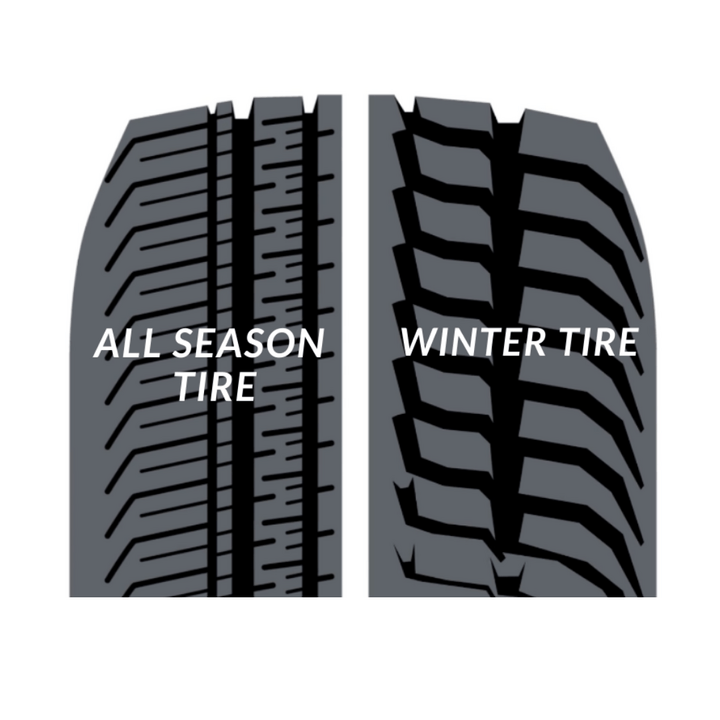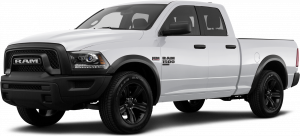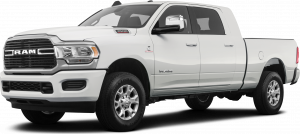Why Buy Winter Tires?

All-Season Tires vs Winter Tires
An All-season tire has a rubber and tread pattern developed to operate in a wide variety of conditions, be it cold, hot, dry or wet. An All-season tire is designed to operate in a wide variety of driving conditions. The problem is that it's never going to be excellent in any single condition.
A Winter tire is designed in a more focused manner. Rubber compounds are softer and developed to remain pliable in colder temperatures (7 deg C and colder), while an All-season will firm up in cold weather. The design of the tread features taller blocks to better cut through slush, and more sipes (the grooves through the tread) are moulded into the tread blocks themselves, providing more biting edges, which give more grip. This grip is most noticeable when braking or turning, which all-wheel drive or traction control systems cannot help with.
With the specifically formulated rubber compounds and tread design, a winter tire can reduce stopping distance by up to 25% in cold weather compared to an All-season. Having the extra grip from Winter tires in cold and slick conditions can make the difference between a close call and calling for a tow truck.























